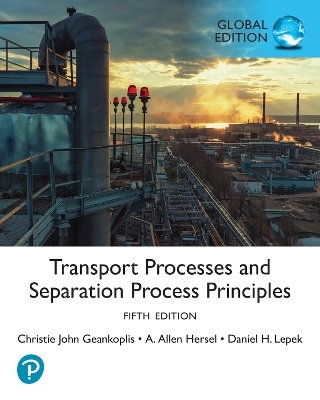
Science, Religion, and the Protestant Tradition
Retracing the Origins of Conflict
Seiten
2019
University of Pittsburgh Press (Verlag)
978-0-8229-4581-9 (ISBN)
University of Pittsburgh Press (Verlag)
978-0-8229-4581-9 (ISBN)
- Titel ist leider vergriffen;
keine Neuauflage - Artikel merken
Revisiting the Origins, Development, and Popularization of the “Conflict Thesis”
The story of the “conflict thesis” between science and religion—the notion of perennial conflict or warfare between the two—is part of our modern self-understanding. As the story goes, John William Draper (1811–1882) and Andrew Dickson White (1832–1918) constructed dramatic narratives in the nineteenth century that cast religion as the relentless enemy of scientific progress. And yet, despite its resilience in popular culture, historians today have largely debunked the conflict thesis. Unravelling its origins, James Ungureanu argues that Draper and White actually hoped their narratives would preserve religious belief. For them, science was ultimately a scapegoat for a much larger and more important argument dating back to the Protestant Reformation, where one theological tradition was pitted against another—a more progressive, liberal, and diffusive Christianity against a more traditional, conservative, and orthodox Christianity. By the mid-nineteenth century, narratives of conflict between “science and religion” were largely deployed between contending theological schools of thought. However, these narratives were later appropriated by secularists, freethinkers, and atheists as weapons against all religion. By revisiting its origins, development, and popularization, Ungureanu ultimately reveals that the “conflict thesis” was just one of the many unintended consequences of the Protestant Reformation.
The story of the “conflict thesis” between science and religion—the notion of perennial conflict or warfare between the two—is part of our modern self-understanding. As the story goes, John William Draper (1811–1882) and Andrew Dickson White (1832–1918) constructed dramatic narratives in the nineteenth century that cast religion as the relentless enemy of scientific progress. And yet, despite its resilience in popular culture, historians today have largely debunked the conflict thesis. Unravelling its origins, James Ungureanu argues that Draper and White actually hoped their narratives would preserve religious belief. For them, science was ultimately a scapegoat for a much larger and more important argument dating back to the Protestant Reformation, where one theological tradition was pitted against another—a more progressive, liberal, and diffusive Christianity against a more traditional, conservative, and orthodox Christianity. By the mid-nineteenth century, narratives of conflict between “science and religion” were largely deployed between contending theological schools of thought. However, these narratives were later appropriated by secularists, freethinkers, and atheists as weapons against all religion. By revisiting its origins, development, and popularization, Ungureanu ultimately reveals that the “conflict thesis” was just one of the many unintended consequences of the Protestant Reformation.
James C. Ungureanu is an honorary research fellow at the Institute for Advanced Studies in the Humanities at the University of Queensland and in the Department of History at the University of Wisconsin-Madison. A historian of science and religion, his res
| Erscheinungsdatum | 31.10.2019 |
|---|---|
| Reihe/Serie | Science and Culture in the Nineteenth Century |
| Zusatzinfo | 30 |
| Verlagsort | Pittsburgh PA |
| Sprache | englisch |
| Themenwelt | Naturwissenschaften |
| Technik ► Umwelttechnik / Biotechnologie | |
| ISBN-10 | 0-8229-4581-9 / 0822945819 |
| ISBN-13 | 978-0-8229-4581-9 / 9780822945819 |
| Zustand | Neuware |
| Informationen gemäß Produktsicherheitsverordnung (GPSR) | |
| Haben Sie eine Frage zum Produkt? |
Mehr entdecken
aus dem Bereich
aus dem Bereich
Kommentar der DIN 15905-5, LärmVibrationsArbSchV und …
Buch | Softcover (2023)
DIN Media (Verlag)
CHF 79,95
Buch | Softcover (2023)
DIN Media (Verlag)
CHF 105,55
Buch | Softcover (2024)
Pearson Education Limited (Verlag)
CHF 106,45


